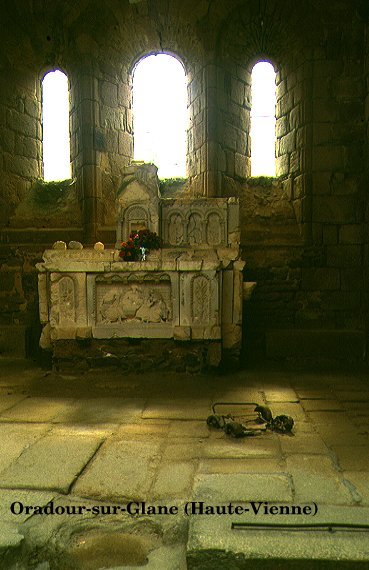
Things I don’t understand
I suppose I had a sheltered upbringing. The older I get (and believe me, I’m
getting older), the more things I come across that completely baffle me. I don’t
understand what pleasure people can possibly get from drinking alcohol — a
perfectly good disinfectant, an excellent cleaning fluid and probably the fuel
of the future, but with an appalling taste and producing an effect comparable to
the secondary symptoms of influenza. I don’t understand why anybody (except, of
course, a bookmaker, who gets to arrange the odds), would want to go in for
gambling, nor why so many charities rely on so obviously pernicious a habit to
raise their revenue. Having been brought up a Methodist, there are lots and lots
of things in the Church of England that baffle me, too. Perhaps one day I’ll
write a series of articles about these things.
The Thing I Don’t Understand that has been bothering me most recently is this
business about nationality, race, ethnicity, the whole argument about the
contrast between Us and Them. I don’t know how people tell the difference. Have
you noticed how, when there's trouble in what used to be Yugoslavia, the newspeople talk about Serbs, Croats and Muslims?
Serbs and Croats are separate ethnic groups, speaking one language (Serbo-Croat),
but surely Muslims are people who follow the way of Islam, regardless of their
origins? How do you tell a Muslim from a Serb — or, for that matter, from a
Liberal Humanist — by looking at him? Do you ask him to say ‘Shibboleth’?

Even in tolerant little England, we hear talk about ‘the Bangladeshi community’.
Close examination of such a community reveals that the vast majority of its
members are British citizens by birth, and most of the rest are citizens by
naturalisation. Perhaps three percent are Bangladeshi. It’s like the phrase ‘Our
exports to Europe’. Since the creation of the European Union, sales to Europe
are no longer exports; the single market is a fact, not a theory. And how about
‘The English are guilty of hundreds of years of repression in Ireland’? l am one
of the English, and never repressed an Irishman in my life. The people who did,
are dead.
But
then, the English themselves have always been mixed up about these questions.
Racially, of course, we make Mr. Heinz, with his 57 varieties, look positively
moderate. And as for nationality! Are you aware that over ninety percent of
English people don’t know where they live? Try asking one: Of what country are
you a citizen? He won’t know. he’ll say ‘England’, which is only a quarter of
the nation, or ‘Britain’, which is not a nation but an island, or ‘Great
Britain’, which is a group of islands not including Ireland. The correct answer
is The United Kingdom of Great Britain and Northern Ireland. Tell him to check
it in his passport.
This is a matter where there are so many exceptions to every rule that only a
fool would make rules. The only answer (and oddly enough it was Jesus’ answer)
is to treat people strictly as individuals. It’s no good looking at a person and
saying, ‘Ah, he’s Chinese.’ Odds are, he was born in Scunthorpe, and so were his
parents. He’s as much a UK citizen as if he were blue-eyed, with Angle, Saxon,
Jute, Danish, Norman and Huguenot forebears.
When I was at school, we took in a new boy whose father had got him out of
Hungary (this was 1956) about two feet ahead of a pursuing tank. Both had become
naturalised UK citizens, and father, while learning enough English law to resume
what had once been a distinguished career, was earning his keep and his son’s
fees by organising the school kitchen. We were inclined to treat Gabor as a
second-class citizen, until the French teacher pointed out that he was, in fact,
the only boy in the school who not only was British, but had papers to prove it.
I had the sombre experience, this summer, of visiting Oradour-sur-Glane, a dead
place in the centre of France. Until 10th June 1944 it was a thriving community.
Fifty of its men had been deported to forced labour, but the remaining 644
people were busily occupied at their rural tasks. An SS Panzer division, on its
way to the Normandy front, surrounded Oradour, assembled the men in the market
square and the women and their 247 children in the church. Then they killed
everybody and blew up every building in the village. An afternoon’s work, and
only ruins to show for it. The twisted metal in the picture, next to the ruined
altar of the church, is a push-chair. The village remains abandoned, its own
memorial, exactly as the two survivors found it the next day.
The point is this: after the war, when reprisals were the thing, the French
Government naturally sought out those responsible for Oradour. After the Battle
of Normandy, many of them were dead; but several dozen SS soldiers were traced.
Of these, at least twenty turned out to have been recruited in Alsace and
Lorraine between 1940 and 1944. They were in the German army, but they were
French. They weren’t bad because they were German; they were bad because they
were bad.
HGB